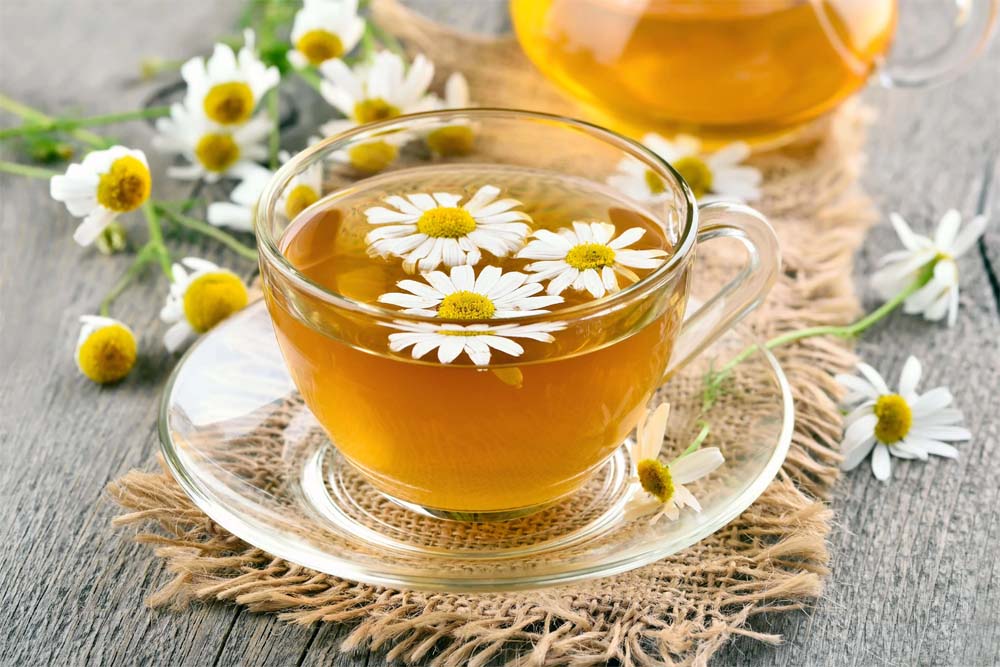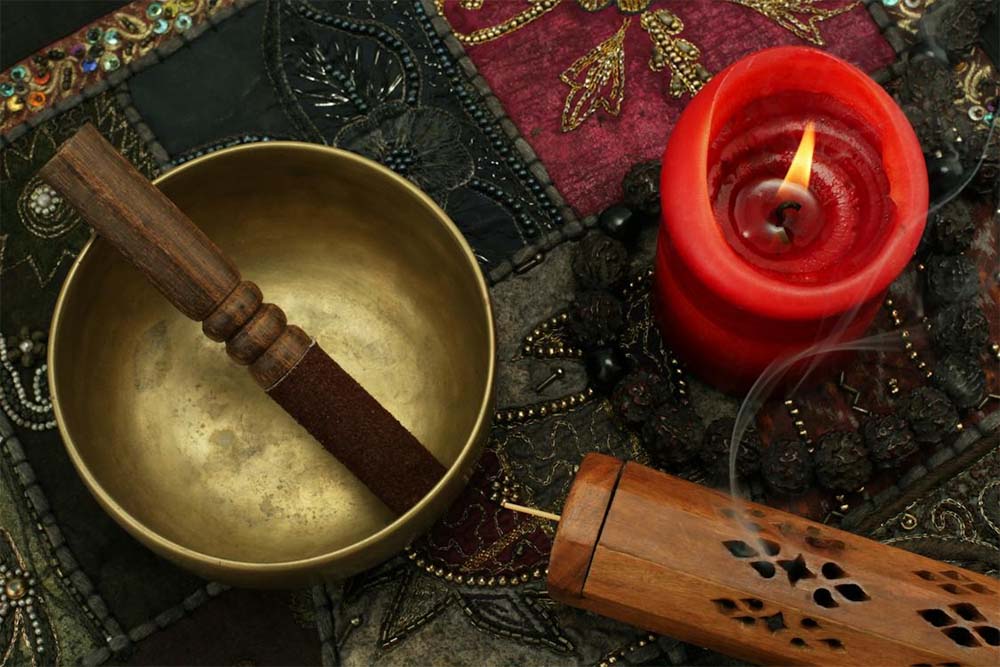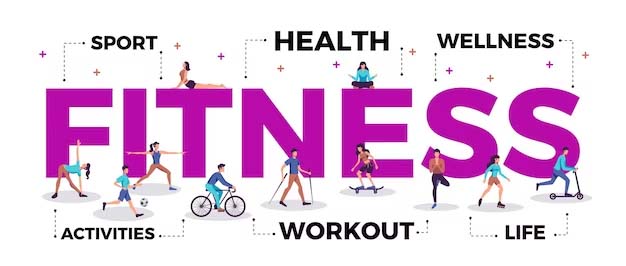The Connection Between Gut Health and Mental Health

New research shows a healthy gut can decrease anxiety and depression. Here’s why.
As more research is unveiled about the microbiome, we are learning more about the gut-brain connection. If you think of having a “gut feeling” or “butterflies” in your stomach, then it’s not hard to understand that the gut is in fact thought to be our second brain.
“Studies are showing that 40 to 60 percent of your neurotransmitters (signals that help the nervous system communicate) are made in the gut,” explains Dr. Lela Altman, N.D., who runs a private practice in Seattle, and supervises digestive wellness services at the Bastyr Center for Natural Health.
“So, the big take-home is that a lot of us think stress in the brain is affecting your gut, but we are starting to think more that maybe it is going the other way. For people with anxiety and depression, when gut health improves, the psyche improves. And when the psyche improves, overall health improves.”
In fact, although we know the neurotransmitter serotonin can boost our mood, it hasn’t been understood until recently that our gut produces 80 to 90 percent of this neurotransmitter, as well as roughly 50 percent of dopamine (which also contributes to feelings of pleasure and satisfaction). The health of our gut and microbiome has not only been associated with mood, anxiety and depression, it also is tied to inflammation, the strength of the immune system, and the onset of disease and chronic illness.
Herbal Teas for an Upset Stomach

When your tummy is upset, herbal teas can be a natural remedy for digestive distress.
Overindulging at family meals and holiday parties can leave you with an upset stomach, nausea and other symptoms of indigestion. If you’re feeling like you’ve overdone it, reach for one of these healing teas to ease minor gastrointestinal (GI) discomfort.
Chamomile
Chamomile has been used as a medicinal herb for centuries. In fact, it has been estimated that up to one million cups of chamomile tea are consumed around the world each day!
Chamomile tea is known for its ability to promote relaxation and sleep. A review article noted a number of other uses for chamomile in traditional medicine, including treating wounds, burns and skin irritation.
The herbal supplement also contains properties that help relax muscles in the stomach and intestines, which may be helpful in treating a number of digestive issues, from stomach cramping to indigestion.
Try: Yogi Organic Comforting Chamomile Tea. Brew a cup of this soothing chamomile tea and enjoy daily.
Licorice Root
Licorice root (or Glycyrrhiza glabra) has been used in traditional medicine to treat a number of ailments. Clinical studies have shown that licorice can be effective when used as an anti-inflammatory and even in protecting the GI tract, heart and brain.
In one study on patients with indigestion, those who were treated with an herbal blend that contained licorice root reported significantly less indigestion at the end of the study than those who had taken a placebo.
Try: Traditional Medicinals Organic Licorice Root Tea. For optimal results, steep for 10-15 minutes before drinking.
There is no “magic cure” for serious digestive problems. If ingestion, stomach pain or nausea symptoms last for two weeks or more, it may be time to see your doctor.
A Sound Way to Get Your Zzzs

How sound therapy promotes sleep
What is sound therapy?
“Sound therapy uses sounds, special instruments, voice and/or music, which are then played for the client in therapeutic ways to achieve certain frequencies and promote holistic well-being,” explains May Globus, a certified sound therapist. During a sound therapy session, the client lies down with eyes closed and absorbs the sound frequencies created by the practitioner.
In Globus’s view, this therapy is both science and art, developed over the centuries. Sound therapists use instruments and modalities originating from Asian, Egyptian, and Indigenous cultures, like crystal bowls, gongs, drums, rattles, and tuning forks.
A sound way to improve sleep
Some research shows that sound therapy can prompt the brain to operate at a brainwave pattern that promotes relaxation, lowers anxiety, and makes it easier to fall asleep more soundly. A small study also found that sound therapy that creates this brainwave state also creates three other chemicals associated with sleep: dehydroepiandrosterone (DHEA), cortisol, and melatonin.
Getting started on sound therapy
If you want to experience sound therapy, Globus believes it’s best to start out by seeing a certified practitioner or by attending a group sound therapy session. During a session, some people will feel physical sensations, some will see colors, and for others, memories and scenes will come to mind.
If you find this experience enjoyable, says Globus, you may want to visit a specialty store that carries sound therapy instruments. Look for the one that resonates with you, suggests Globus. Then, you can make it part of your nightly bedtime ritual.
Sound therapy is also easily accessible through YouTube. “Amazing practitioners from around the world upload videos of themselves playing bowls and other instruments,” says Globus.
Sounds of relaxation
Poor mood and elevated anxiety have all been linked to an increased incidence of disease, including diabetes. Sound therapy is one way to induce a relaxation response. The relaxation response includes lowered blood pressure and activation of the parasympathetic nervous system.
The benefits of biomats
Biomats are slim pads that can be placed on top of a mattress or massage table. It is said to help the user, through far infrared rays, negative ions, and amethyst precious stones, to relax and fall into a deep sleep.
One small study saw an average of 78 percent improvement in stress reduction, better sleep, less cortisol, and overall improvement in participants who used biomat for one hour a day over two months, when combined with lifestyle changes.
Sleep better
Fatigue can have a wide variety of causes. It can come from conditions like diabetes or other chronic illnesses, or from lifestyle habits like poor sleep management or stress. Consult your health care provider to eliminate any underlying conditions if you’re experiencing long-lasting and unexplained fatigue.
You may find the following supplements helpful in supporting a stressed and fatigued system.
Melatonin
Some research suggests that supplementing with melatonin can help with jet lag or issues with falling or staying asleep.
Magnesium
Magnesium can be found in nuts and leafy greens. If you’re not getting enough magnesium, you may have a harder time falling or staying asleep.
Valerian root
You can brew a cup of valerian dried root tea or ingest valerian in pill or liquid form for a sounder sleep.
Lavender
A waft of lavender from an essential oil diffuser or a few drops of the oil on your pillowcase while tucking yourself in may help lower your heart rate, blood pressure, and skin temperature.
Passionflower
Passionflower is a type of climbing vine traditionally used by Indigenous North Americans for its calming properties.


